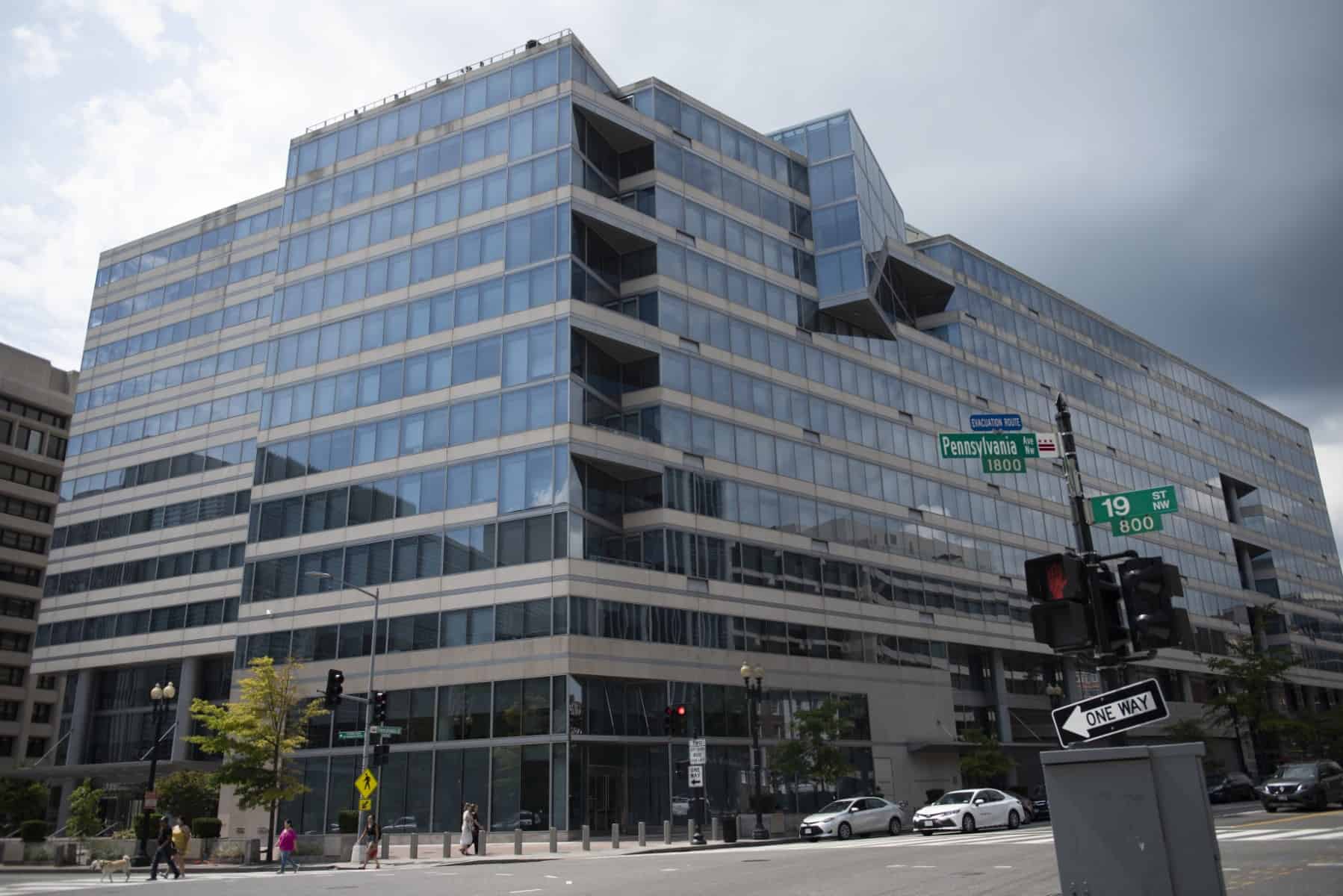Washington, United States – Soaring food and energy prices are raising the risk of social unrest but attempting to tame costs through tax cuts, subsidies and price controls would be too costly, the IMF said Wednesday.
The fund’s comments, in its latest Fiscal Monitor report, come as food prices have surged by half since 2019 while energy bills have soared in the wake of Russia’s invasion of Ukraine.
“Countries all around the world are facing more pressing and more painful trade offs,” Vitor Gaspar, director of IMF’s fiscal affairs department, told AFP.
The combination of inflation along with food and energy price surges point to a cost-of-living crisis, he said.
The global economy has been hit by multiple shocks in the past year.
Countries spent heavily to protect their economies during the pandemic, then faced supply chain issues as they emerged from Covid lockdowns.
Inflation soared further after Russia invaded Ukraine, with food and energy prices going through the roof.
“Households are struggling with elevated food and energy prices, raising the risk of social unrest,” the IMF report said.
But, it added, “fiscal policy trade-offs are increasingly difficult, especially for high-debt countries where responses to the Covid-19 pandemic exhausted their fiscal space.”
As governments operate within tighter budgets, prioritizing policies and programs becomes vital, the report said, adding that key goals are ensuring access to affordable food and protecting low-income households from inflation.
But with long-lasting supply shocks and broad-based inflation, attempts to cap surging costs through price controls, subsidies or tax cuts will be “costly to the budget and ultimately ineffective,” the IMF warned.
Officials should instead allow prices to adjust and provide targeted cash transfers to the most vulnerable.
Countries may also need to raise added revenues and contain the growth of other expenditures as they prioritize policies, the fund said.
But it cautioned that low-income countries will need more global humanitarian assistance and emergency financing, given their limited resources.

